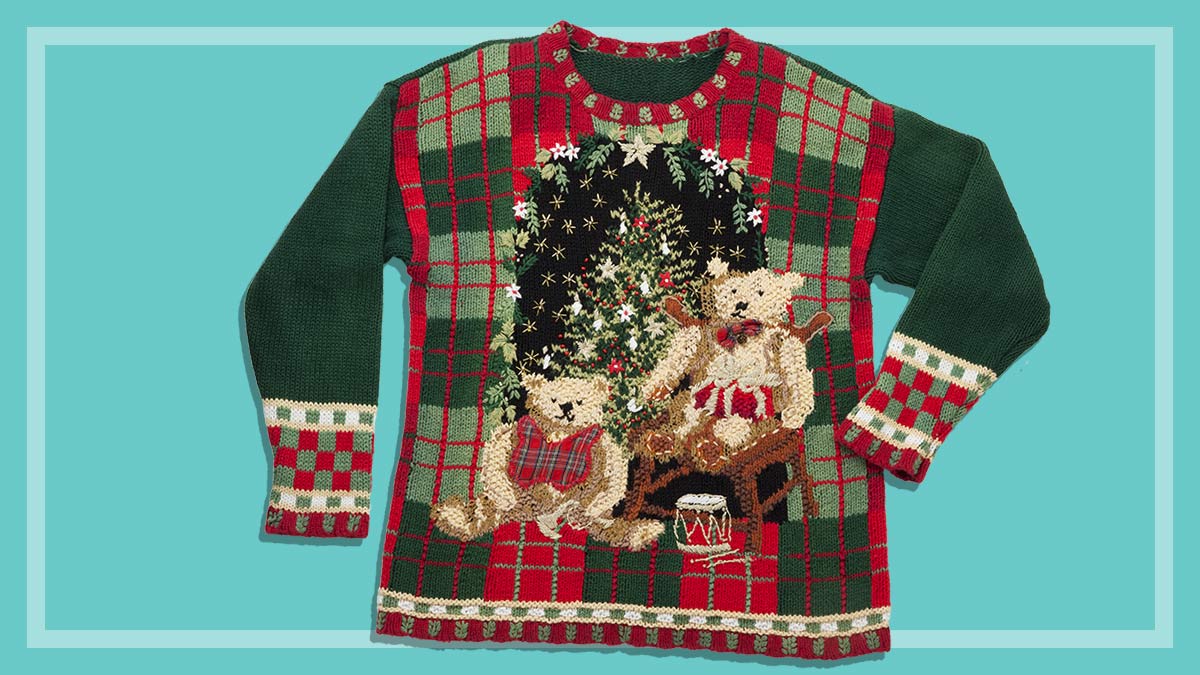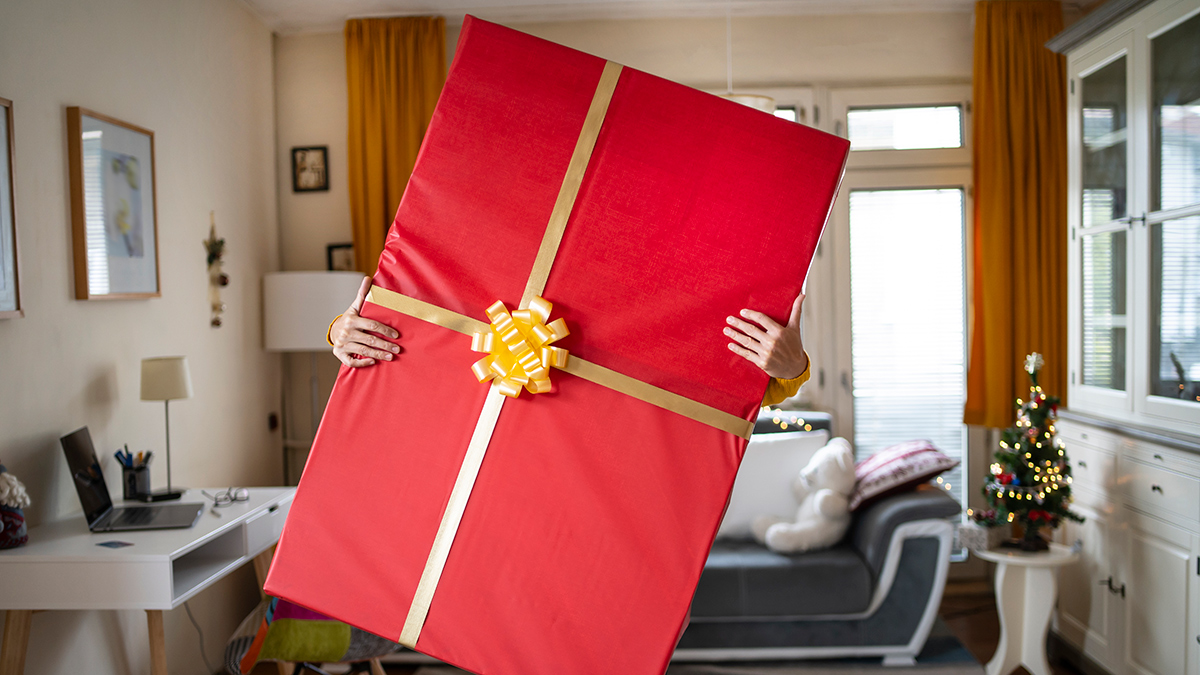Get our independent lab tests, expert reviews and honest advice.
Summer holiday injuries: the most common ways we get hurt
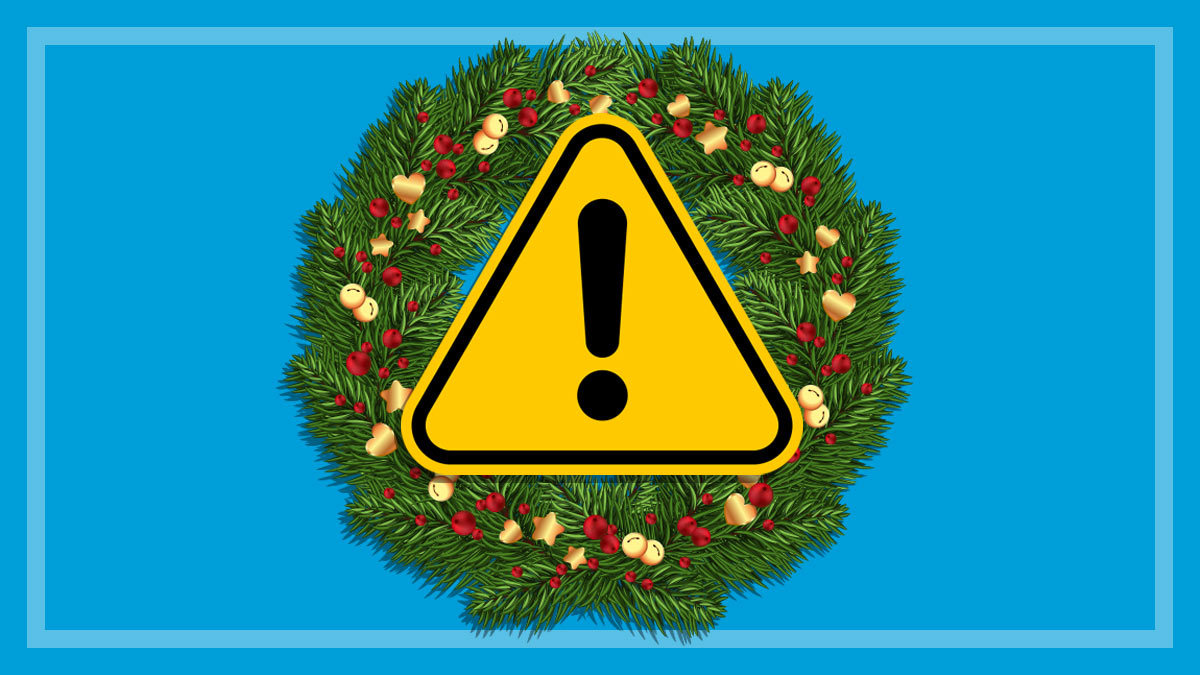
In the mad scramble of gift buying and meal prepping, and the food coma that comes after, many of us aren’t at our most vigilant.
If the rest of Australia is anything like Victoria, where the Victorian Injury Surveillance Unit compiles data from the state’s emergency departments, the Christmas and New Year period has some unique hazards, with hundreds of people cutting themselves opening presents with knives, electrocuting themselves with fairy lights, getting poked in the eye with pine branches, and hurting themselves in other holiday-themed accidents.
But the greatest number of injuries by far are fall-related, accounting for 41% of injuries during this period, while the next highest category, “cutting/piercing injuries”, accounts for 8%. We fall over at parties, off skateboards and on slip ‘n slides, high on bubbles and a change of pace.
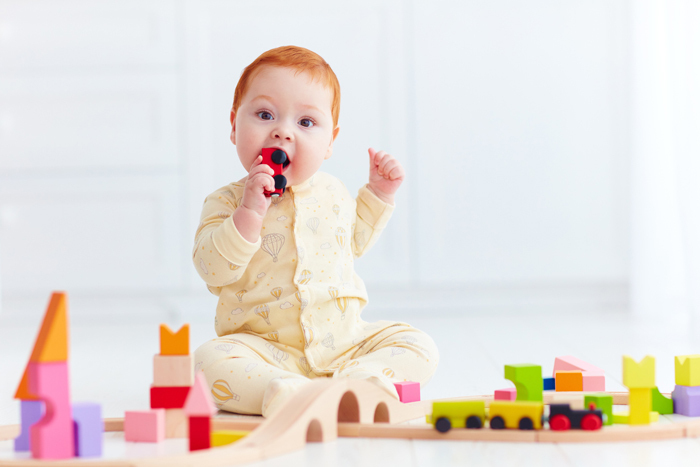
Health hazards of Christmas
At Christmas, emergency wards see many elderly people who, after a long period of inactivity, collapse at the family get-together from exhaustion, dehydration and over-excitement, according to Lucy Osborn, an emergency nurse in Victoria.
She says it can be a stressful time, so we might be less attentive than usual – less likely to notice that grandpa seems extra tired, or that the toddler is munching on tinsel from the tree, or bits of the tree itself. Pine needles, Osborn says, are not easy to digest.
Nor are the beads, wooden pieces, magnets, button batteries, undeclared sesame seeds (if you’re allergic or intolerant) and bacterial contaminants contained in seven products recalled for posing ingestion-related risks over the past fortnight, at the time of writing.
It can be a stressful time, so we might be less attentive than usual
Overall, 25 products were recalled in those two weeks alone, covering a broad spectrum of other hazards: collapsing furniture, kids’ toys with cords that could strangle, overheating batteries, and all manner of faulty cars.
Osborn attributes the spike in people turning up at emergency rooms on Christmas Day to the fact that, for many, “there are, literally, a lot more objects around – there’s a lot more for parents to keep their eyes on, a lot more shiny new things for kids to get their hands on”.
Although many people would refrain from handing a small child a toy with small parts in case they swallow them, there are countless potential dangers that wouldn’t necessarily register until too late – and the items that kids are drawn to aren’t limited to toys.
Christmas & New Year injuries
Most common ways people get hurt
Falls 41%
Cutting/piercing 8%
Christmas decorations 6%
Christmas trees 4%
Note: Figures are from the Victorian Injury Surveillance Unit (VISU), which analyses data from Victorian public hospitals with 24-hour emergency departments. Cases were selected based on admissions between 18/12 and 14/1 across three years, where notes included the terms ‘Christmas’ and ‘New Year’s Eve’ or variations and derivatives.
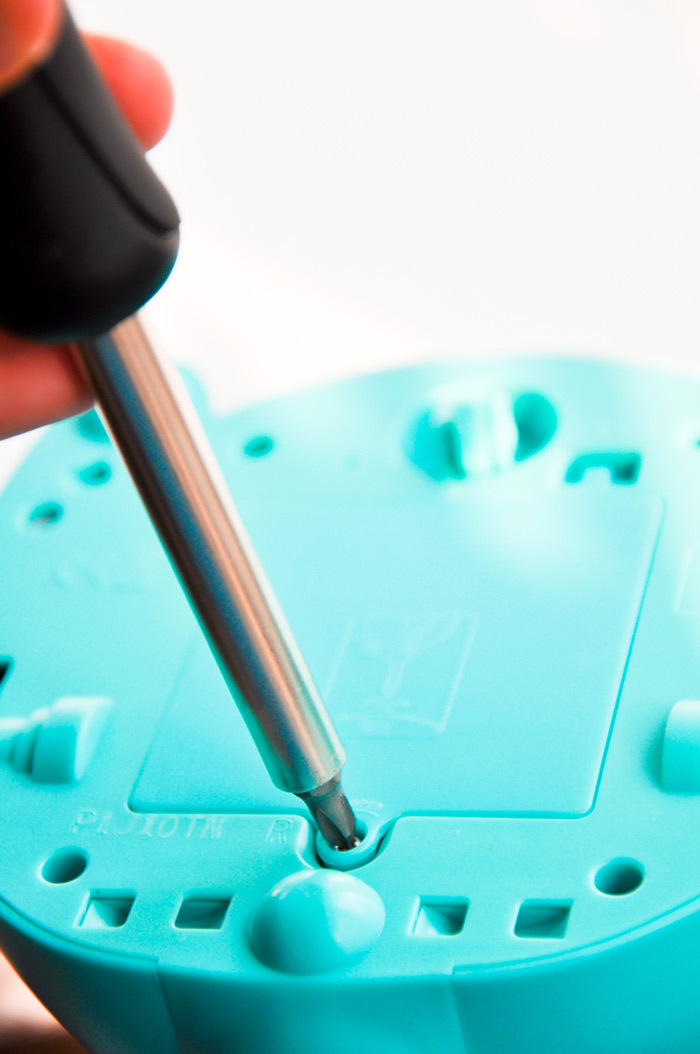
Constant vigilance is impossible
When Tamsin Rumble’s son was 11 months old, he was hospitalised for 24 hours after swallowing a button battery that came loose from a night light. The battery had moved to his bowel; doctors gave him medication and told Tamsin to keep feeding him, even though he didn’t want to eat, to help flush it out.
Tamsin says the night light appeared to have a secured battery compartment, but later she realised one of its screws was too small, meaning the button batteries could be accessed with the flick of a finger, or fall out if the light was dropped.
Her son suffered some internal bleeding, but was able to make a full recovery in two days at home. “We were very fortunate that he didn’t have more serious injuries,” she says.
We learnt that you can’t rely on the idea that products have been manufactured to a high standard
Tamsin Rumble, whose son swallowed a button battery
“We thought we were careful parents, aware of the dangers. But this shook us and we learnt that you can’t rely on the idea that products have been manufactured to a high standard.”
Some nights, Tamsin lies awake wondering, is everything safe? “Then I’ll prowl around the house checking all the products,” she says. “At Christmas time, I become anxious about what comes in the house and I’m careful about what we give other people.”
Current safety laws inadequate
Recently, Standards Australia announced it would develop a standard for products with button batteries, which have been linked to infant deaths. However, it’s up to governments to decide whether to make the standard mandatory, and there are many more products on the market that aren’t subject to standards at all.
In a submission to Treasury, CHOICE says Australia’s safety laws are reactive, unfit for the future and present an unacceptable level of consumer harm. It argues the onus should be on companies to commit to a thorough approach to safety – to ensure, before putting products on the market, that they are safe.
The onus should be on companies to commit to a thorough approach to safety
The idea is to write a general safety provision into law, which would apply broadly across all consumer goods and protect people who are unaware there’s risk in, say, speed-browsing in a Myer or Kmart on Christmas Eve, picking items to gift that we assume are well-regulated. A CHOICE survey found 93% of Australians believe – incorrectly – that products sold in Australia are legally required to be safe.
Staying safe during the holidays
Product recalls have more than quadrupled since 1998, and the ACCC estimates that as many as half of recalled items are still in our homes. Due to the prevalence of dangerous products in Australia, the regulator has taken to reminding us all to ensure that we buy safe gifts each Christmas.
The ACCC recommends checking that the presents you’re giving and getting haven’t been recalled or banned, are age-appropriate and don’t pose a choking hazard to young kids.
It’s also put together the following advice for staying safe this summer.
Tips to stay safe over the holiday
- Read warning labels and follow the safety instructions on products
- Check products in the home to ensure button batteries aren’t easily accessible
- Don’t put heavy items on top of shelves and, ideally, anchor furniture to walls
- Supervise children in pools, including when they have flotation devices
- Supervise children in portable pools, then empty and store them away
- Check that your pool gate and latches are locking properly
- Check the condition of trampolines and supervise children playing on them
- Wear a lifejacket when kayaking, water skiing, fishing in a boat or engaging in other activities on the water
Read more at productsafety.gov.au.

